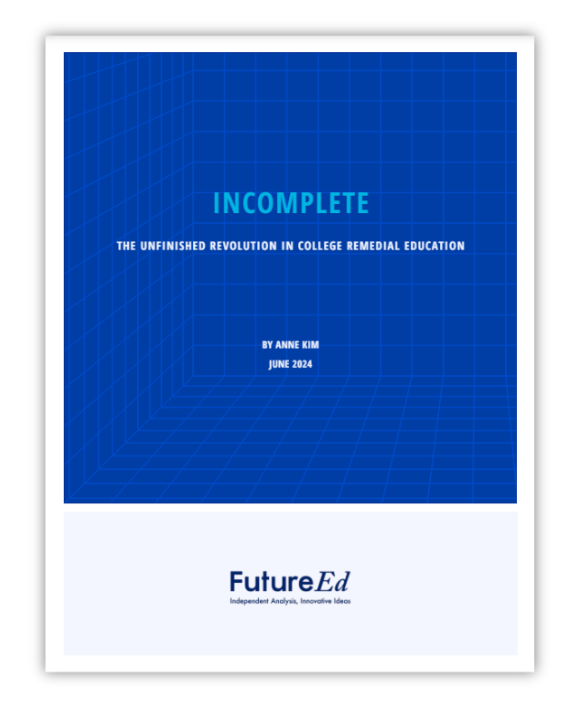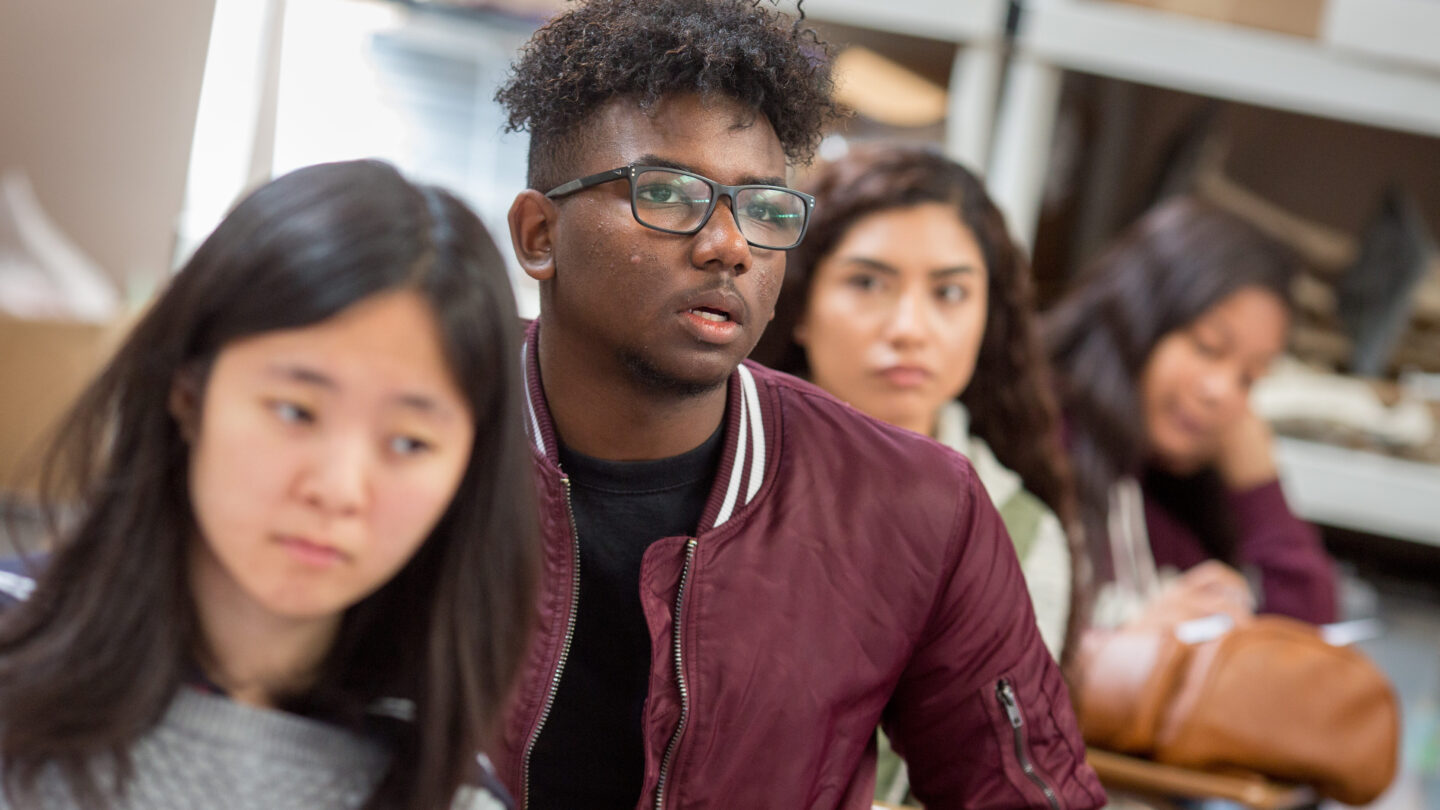 For decades, hundreds of thousands of entering college students—including more than half of all community college enrollees—were required to take “developmental” courses in reading, writing, and basic math. A shockingly large share of these students would never make it through this remediation, let alone graduate. College remediation programs saddled students with as much as $3 billion a year in tuition for courses that didn’t provide college credit, dealing a devastating blow to social mobility.
For decades, hundreds of thousands of entering college students—including more than half of all community college enrollees—were required to take “developmental” courses in reading, writing, and basic math. A shockingly large share of these students would never make it through this remediation, let alone graduate. College remediation programs saddled students with as much as $3 billion a year in tuition for courses that didn’t provide college credit, dealing a devastating blow to social mobility.
In the early 2010s, stakeholders launched one of the most impressive recent reform movements in American education. State governments, higher education institutions, nonprofits, and philanthropies coalesced around a campaign to tackle the “dev-ed” problem. Successful strategies emerged and many struggling students began to clear remedial-education hurdles.
But the reforms have stalled and vast numbers of students, many of them Black, Latino, and low-income, remain stuck in the quagmire of traditional remedial education, even as the academic disruption of the pandemic has left untold numbers of high school students without foundational skills.
In Incomplete: The Unfinished Revolution in College Remedial Education, FutureEd Senior Fellow Anne Kim explains what the dev-ed reform movement has achieved, why it stalled, and what needs to be done to get it back on track.

